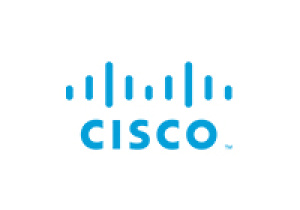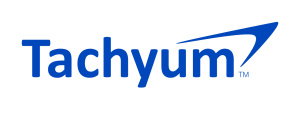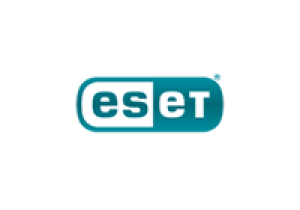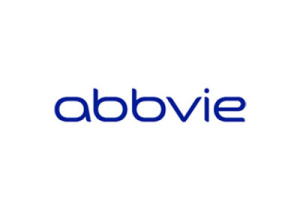Karel De Vriendt
Karel De Vriendt is the IDABC Head of Unit in DIGIT. After having obtained a degree in nuclear engineering and a post-graduate degree in informatics, he worked 7 years in the private industry (as a software engineer) before joining the European Commission. Within the Commission he worked as a project officer for what is now the Information Society and Media DG and then spent 12 years in various operational IT functions. He has been involved in the introduction of electronic mail within the Commission - the connection of the Commission network with the Internet - and later became responsible for user support and IT training. His last function before joining the IDABC unit has been head of unit responsible for the development of a number of the Commission's internal administrative systems.
-
The ISA Programme and the Importance of Interoperability | Kongres ITAPA 2010: Tam, kde sa svety stretávajú
-
IDABC, European Interoperability Framework | Kongres ITAPA 2007: Living Online
What is the European Interoperability Framework?
Interoperability means working together - collaboration of systems, services and people. When people work together, they need to communicate and make agreements. They need to agree on the tasks they will perform and how they will exchange results. If their nationality is different, they also need to agree on the language in which they will communicate. Moreover, they need to overcome cultural and legal differences.
An Interoperability Framework can be defined as the overarching set of policies, standards and guidelines which describe the way in which organisations have agreed, or should agree, to do business with each other. An Interoperability Framework is, therefore, not a static document and may have to be adapted over time as technologies, standards and administrative requirements change.
Administrations that provide electronic services (eServices) are faced with the same situation, they need to elaborate a set of agreements on a large number of issues, considering organisational, semantic and technical aspects. For example, when administrations exchange data, they must ensure that each party shares the same meaning of the data (semantic interoperability): for instance, when referring to 'price', do we mean the actual price or the price per item? The European Interoperability Framework addresses these issues in order to facilitate the interoperability of eGovernment services at pan-European level.




















